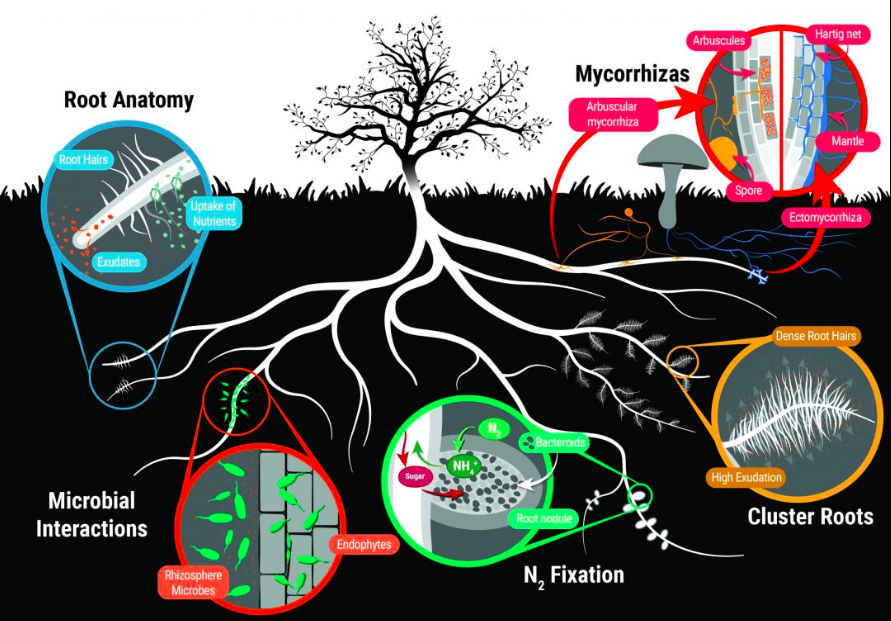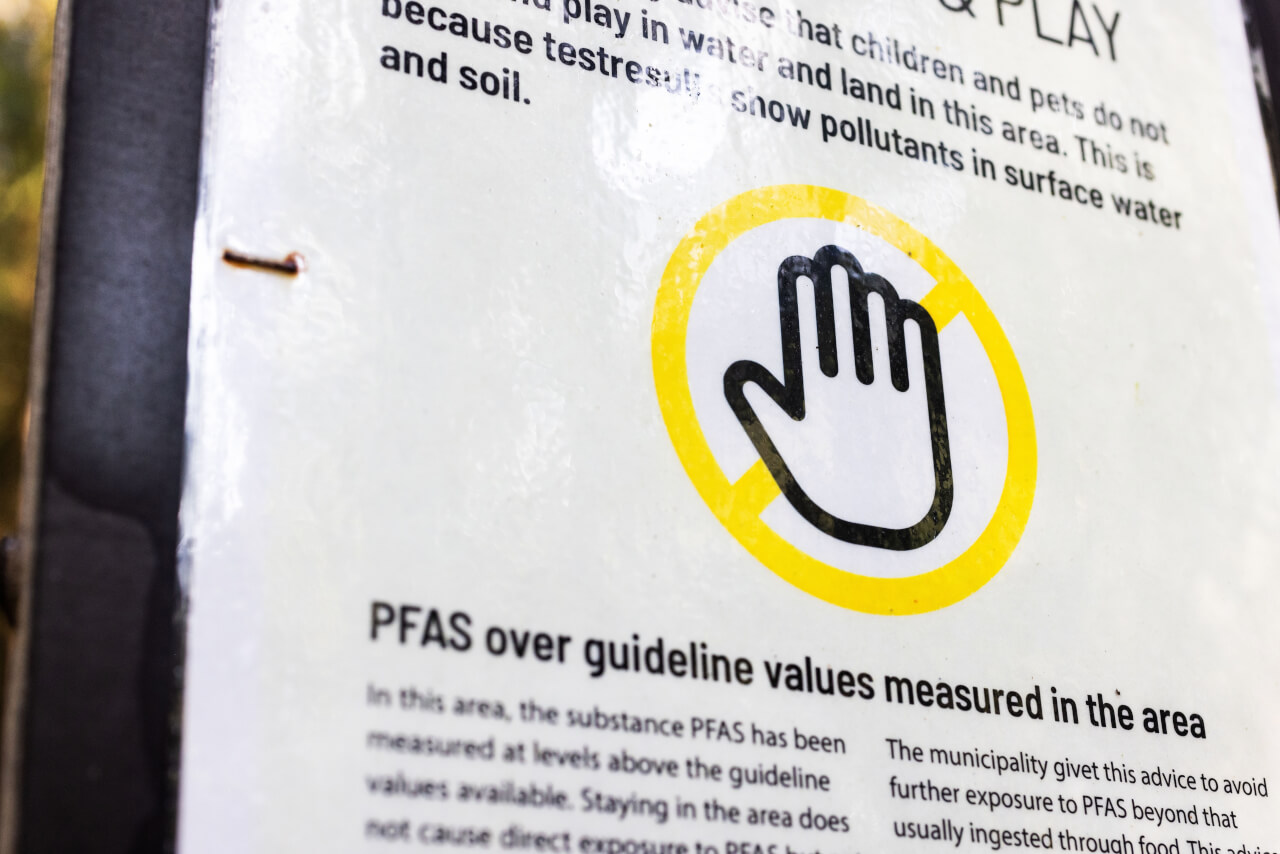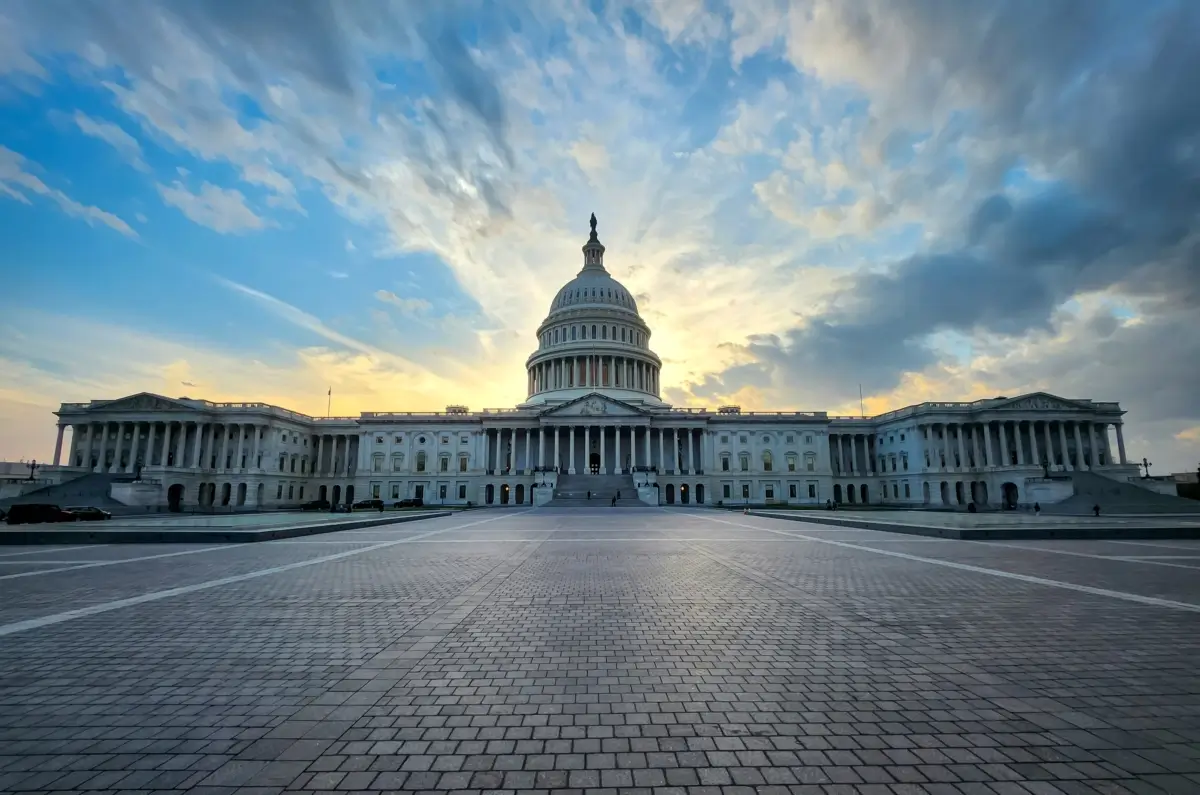[ad_1]
With a background in meals coverage and environmental causes, Karyn Bigelow already understood how important bees are to the surroundings. However the isolation throughout 2020 despatched her on a path to assist diversify the apiary world and create Beekeeping Whereas Black, a web based neighborhood to coach and assist African People who maintain bees.
As her space was on lockdown throughout the pandemic, Bigelow gravitated in direction of an outdated pastime from her childhood: enjoying The Sims laptop recreation. Remembering that it used to take her hours to finish, she thought it was a great way to move the empty hours. One of many duties in The Sims 4 is conserving a digital bee field. This acquired Bigelow eager about real-world beekeeping, main her to take a web based beekeeping course.
The category acquired her serious about how, as a Black particular person, she might need to be extra cautious in sure conditions than her non-Black counterparts and the way some components of beekeeping had been difficult in methods some may not have thought of.
Whereas there are not any present numbers on what number of African American beekeepers exist in the US, the historical past of Black People farming, and even beekeeping, runs deep. There are letters from George Washington indicating that folks he enslaved saved hives to supply Mount Vernon with honey. And at one time, all college students on the historic Black faculty Tuskeegee College in Alabama had been required to take beekeeping lessons.
However at present, in keeping with the US Division of Agriculture, lower than one % of farmers establish as African American. Evaluate the 45,000 Black farmers at present to the just about 950,000 that existed 100 years in the past in the US. This decline additionally features a lower in rural land owned by African People, which profoundly impacts entry to beekeeping.
Residing in a condominium in Washington, D.C., Bigelow doesn’t have entry to her personal land and labored with the DC Beekeepers Alliance, which connects apiarists within the metropolis with these prepared to host a hive on their non-public property. However as Bigelow contemplated this, different ideas got here to thoughts.
“I discovered myself … asking myself questions that I knew nobody else within the class was having to ask, or at the least my non-Black counterparts,” she says. “As anyone who wasn’t connected to a company or didn’t have my very own yard to have the ability to put a hive, I discovered myself struggling and asking myself questions on the place did I really feel protected. As a result of at that time it was early 2021. So, my thoughts was nonetheless very a lot on loads of the conversations that [had] been taking place, particularly in the summertime of 2020.”
As Bigelow thought of beekeeping, she realized that her security as an African American may very well be jeopardized as she went onto different individuals’s properties to have a tendency her hives. Her thoughts saved going again to different Black People within the information who had finished completely authorized issues in public however nonetheless had the police known as on them.
“It made me uncomfortable to really be in a public area at that time and to really feel protected,” says Bigelow. “If I am going on somebody’s non-public property, my assumption was that most people who could be prepared to host would most likely not appear like me. Then there’s additionally the dialog of if I’ll be protected going into somebody’s non-public property, with permission, however nervous if their neighbors would attempt to name the cops.”
The shortage of land and the decline of African American farmers additionally pose one other subject: discovering mentors who can information others via Black beekeepers’ distinctive challenges. Mentoring within the beekeeping neighborhood is essential as a result of beekeeping is like farming, says Bigelow. It’s not a precise science and novices can’t study all the pieces from a e book. There’s loads of hands-on expertise that should happen. Having somebody to stroll a brand new beekeeper via points is crucial to the training course of.
Bigelow found one such subject in her coaching whereas utilizing a smoker, a vital device used to calm agitated bees.
“As I began beekeeping, I noticed that utilizing a smoker, which is a typical apply of beekeeping, isn’t nice for an individual who can’t wash their hair each time they use one,” she says, referring to the truth that African American hair tends to be dry and isn’t shampooed each day to assist scale back breakage. “And so, I discovered myself encountering beekeeping in a manner that very a lot, you understand, handled my lived expertise as a Black girl, whether or not that involves my literal physique or my fears or considerations for the protection of my physique.”
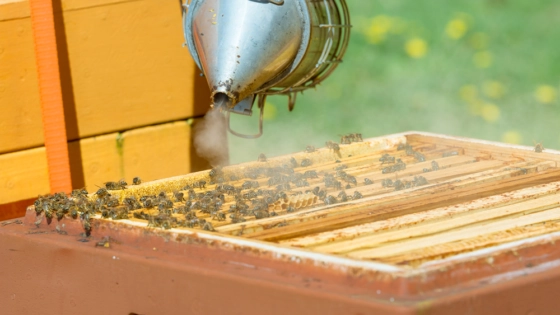
A smoker is used to calm agitated bees. (Photograph: Shutterstock)
Beekeeping Whereas Black is Bigelow’s manner of making a neighborhood whereas additionally serving to present mentorship and inspiration to African People contemplating taking on this distinctive talent.
At the moment, the web site homes The Honey Guide, a listing of Black beekeepers in the US. Whereas it’s not a complete record, Bigelow fortunately provides new beekeepers who contact her through the web site or the location’s Instagram account. Future plans embody a mentor matching program, together with hopefully someday taking on analysis and coverage targets that affect beekeeping and the avenues related to it.
Since Bigelow doesn’t at the moment have entry to further land, she will be able to solely preserve one hive. However that, or the truth that she has a full-time job exterior of beekeeping, doesn’t deter her from supporting others.
“What I need individuals to learn about Beekeeping Whereas Black is that this can be a area to create neighborhood. It’s a spot the place Black beekeepers can get the assist that they want and to have the ability to really feel seen,” she says. “I need it to be a spot the place we will have the conversations that many people really feel like we don’t get to have.”
As a comparatively new beekeeper, Bigelow says she nonetheless has lots to study from others. “I see it as a journey of with the ability to [provide] sources to individuals to the perfect of my means, however . . . additionally with the ability to deliver beekeepers collectively in order that we will study and co-create collectively.”
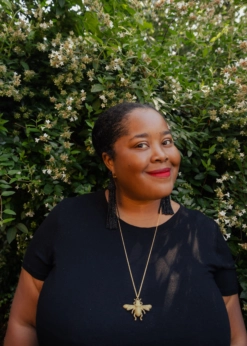
“It’s a spot the place Black beekeepers can get the assist that they want and to have the ability to really feel seen.” (Photograph courtesy Karyn Bigelow)
Bigelow’s background additionally helped improve her view of how variety can deliver a brand new mild to an age-old craft.
“I feel [diversity in beekeeping] can be actually vital as a result of we have to transfer in direction of a meals system that’s extra sustainable. And I can say anecdotally I discover that Black and brown beekeepers are inclined to have extra sustainable practices. So, I feel it’s vital. I actually really feel like some schooling might be had the place farmers from completely different backgrounds are capable of study from one another, and that features with beekeeping.”
Bigelow hopes she’s created a web based place for Black individuals to search out content material and neighborhood with others who even have a ardour for conserving bees. Whereas she is aware of that in-person mentorship is vital, she believes that having a web based assist system is vital, too. As Bigelow continues creating the web site (there are hopes for an incubator program someday), she is aware of that the artwork of beekeeping will help individuals in some ways.
“I’ve realized a lot about life watching the bees. And a kind of issues that I’ve realized is in regards to the magnificence and neighborhood when the neighborhood is concentrated on the identical mission. Nobody bee is extra vital than the opposite or their survival. I feel that’s an exquisite exhibiting of what a neighborhood might appear like when it comes collectively for a typical goal.”
[ad_2]
Source link


